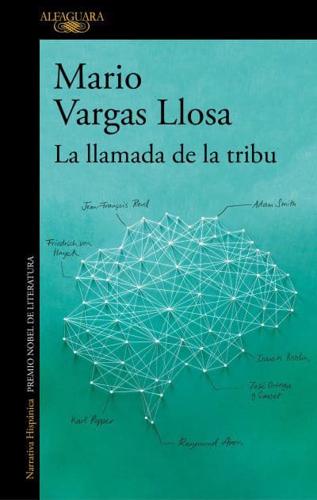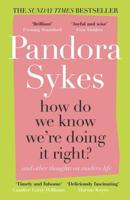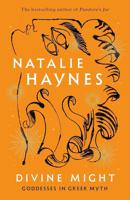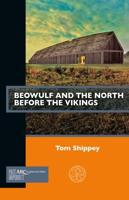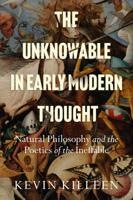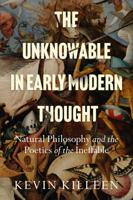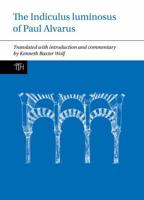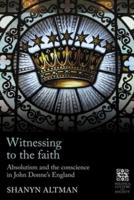Publisher's Synopsis
La llamada de la tribu es una autobiografìa intelectual de Mario Vargas Llosa.
La diferencia con libros como El pez en el agua es que aquì el protagonismo no lo tienen las vivencias del autor, sino las lecturas que moldearon su forma de pensar y de ver el mundo en los últimos cincuenta años.
El Nobel peruano ha hecho una cartografìa de los pensadores liberales que lo ayudaron a desarrollar un nuevo cuerpo de ideas después del gran trauma ideológico que supuso, por un lado, el desencanto con la Revolución Cubana y, por otro, el distanciamiento de las ideas de Jean-Paul Sartre, el autor que más lo habìa inspirado en su juventud.
Los autores que analiza son Adam Smith, José Ortega y Gasset, Friedrich Hayek, Karl Popper, Raymond Aron, Isaiah Berlin y Jean-Fraçois Revel, quienes le fueron de enorme ayuda durante aquellos años de desazón, mostrándole otra tradición de pensamiento que privilegiaba al individuo frente a la tribu, la nación, la clase o el partido, y que defendìa la libertad de expresión como valor fundamental para el ejercicio de la democracia.
ENGLISH DESCRIPTION
An intellectual autobiography of Nobel Prize winner Mario Vargas Llosa.
The difference between this autobiography and others like El pez en el agua /A Fish in the Water is that this book's leading role is not necessarily the author's experiences, but rather the literature that shaped his way of thinking and his way of seeing the world in the last fifty years. The Peruvian Nobel laureate creates a roadmap of the liberal thinkers that helped him develop a new set of ideas after the great ideological disappointment that was, on the one hand, his disenchantment with the Cuban Revolution and, on the other, a distancing of sorts from an author who had greatly inspired him in his youth, Jean-Paul Sartre.
The authors which he analyzes are Adam Smith, Jose Ortega y Gasset, Friedrich Hayek, Karl Popper, Raymond Aron, Isaiah Berlin and Jean-Fraçois Revel, who were of great help during those disconcerting years, showing him a new train of thought which gave the individual more power than the "tribe", the nation, the class or the party, and that defended freedom of expression as a fundamental value for democracy.
An intellectual autobiography of Nobel Prize winner Mario Vargas Llosa.
The difference between this autobiography and others like El pez en el agua /A Fish in the Water is that this book's leading role is not necessarily the author's experiences, but rather the literature that shaped his way of thinking and his way of seeing the world in the last fifty years. The Peruvian Nobel laureate creates a roadmap of the liberal thinkers that helped him develop a new set of ideas after the great ideological disappointment that was, on the one hand, his disenchantment with the Cuban Revolution and, on the other, a distancing of sorts from an author who had greatly inspired him in his youth, Jean-Paul Sartre.
The authors which he analyzes are Adam Smith, Jose Ortega y Gasset, Friedrich Hayek, Karl Popper, Raymond Aron, Isaiah Berlin and Jean-Fraçois Revel, who were of great help during those disconcerting years, showing him a new train of thought which gave the individual more power than the "tribe", the nation, the class or the party, and that defended freedom of expression as a fundamental value for democracy.
· This book is the epitome of Vargas Llosa the thinker.
· This is an essay that describes his own intellectual and political history.
· A subject matter of great validity.
· Vargas Llosa is the most renown and trustworthy writer in the Spanish language.
· All his works become one of the main and most anticipated literary events of the times much before their publication.
· Those who will enjoy this new work are: Readers of historical and political themes
Mario Vargas Llosa followers, Hispanic literature readers
